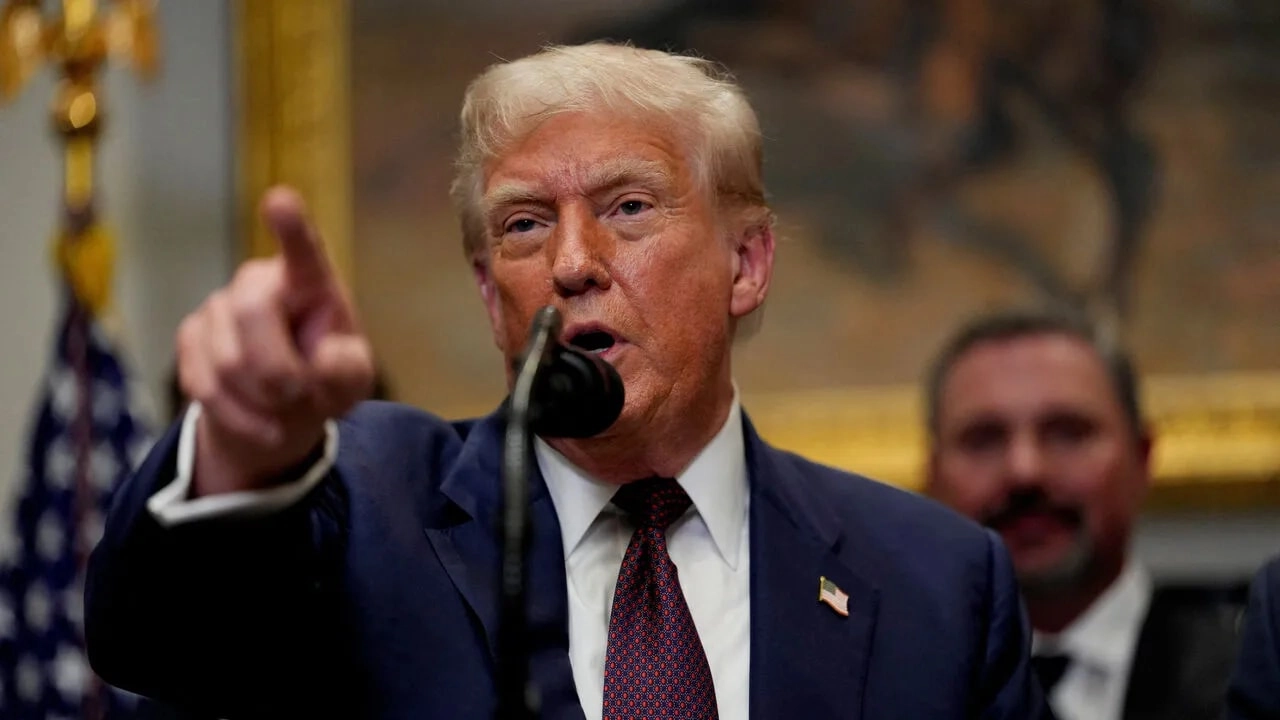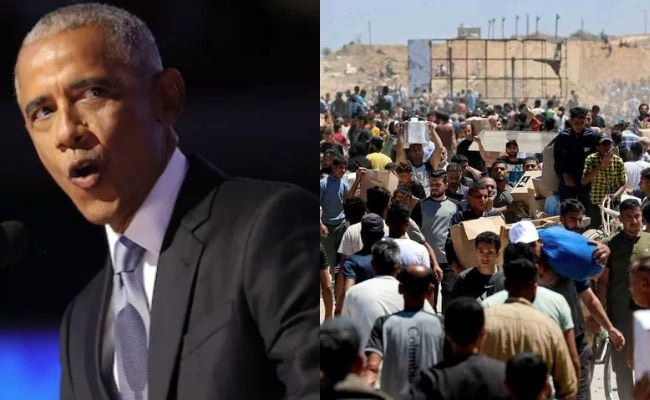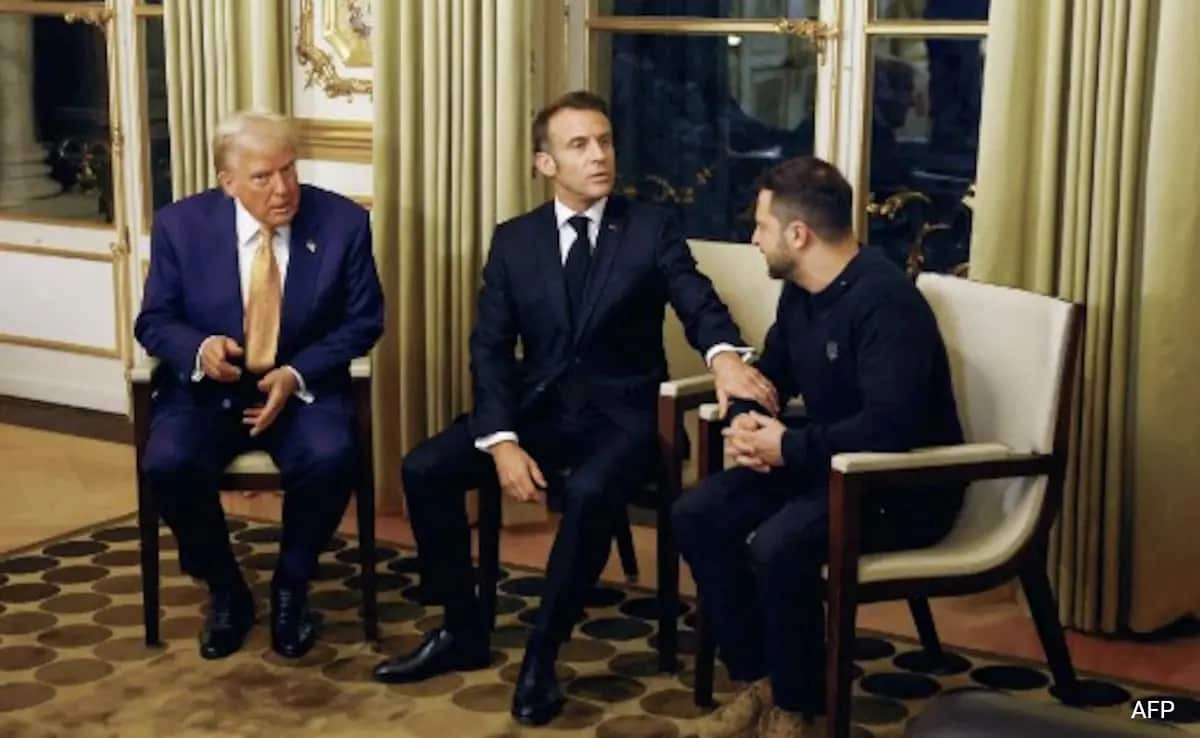Former President Donald Trump has recently called for the resignation of Intel CEO Lip-Bu Tan, citing concerns over the company’s ties to China. This demand stems from an ongoing scrutiny of American companies and their relationships with Chinese firms, reflecting a broader trend of heightened tensions between the United States and China. Trump’s assertion highlights his administration’s focus on national security and economic independence, particularly in the context of technological advancements and supply chain vulnerabilities.
Trump’s criticisms are part of a larger narrative concerning the influence of China in global markets and the potential risks that accompany it. Many U.S. lawmakers and analysts have expressed alarm at the possibility of American companies inadvertently supporting China’s strategic ambitions, especially in sectors like semiconductors, where Intel plays a pivotal role. The former president’s call for Tan’s resignation underscores the pressure on corporate leaders to navigate the complexities of international relations while maintaining their companies’ operational integrity.
Lip-Bu Tan, who has been at the helm of Intel, has been recognized for his efforts in steering the company through a competitive landscape, yet Trump’s allegations pose significant challenges. The semiconductor industry is critical to both national security and the economy, and any perceived connections to China can lead to severe backlash from policymakers and the public alike. The demand for Tan’s resignation serves as a reminder of how corporate governance is increasingly intertwined with geopolitical considerations, and it raises questions about the responsibilities of CEOs in addressing these challenges.
As the debate over U.S.-China relations continues to evolve, the pressure on business leaders to take a firm stance against perceived threats will likely intensify. Trump’s demand also reflects a growing sentiment among voters who prioritize national security and economic sovereignty. Whether or not Tan resigns, this incident could prompt other CEOs to reconsider their business strategies and partnerships, particularly those involving China, as they strive to balance profitability with national interests. The outcome of this situation may have lasting implications not only for Intel but also for the broader technology sector and its role in the global economy.




